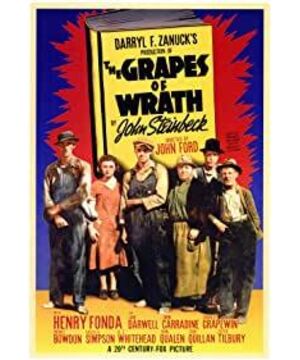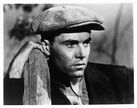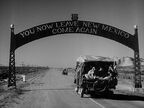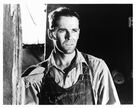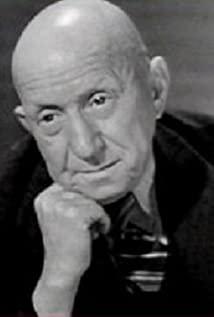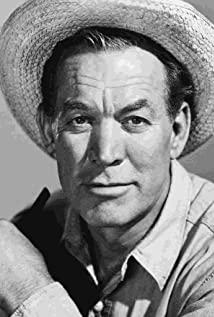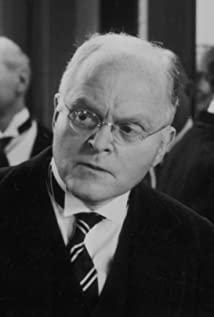Whether it is realism or surrealism or any idealism, a movie is a movie, and people who can live a broken life in misery can see hope as far as they can.
The film was shot in 1940. At that time, Europe and Asia, far away from the Americas, were in the war against fascist Germany and Japan. The whole world was devastated and suffering. -The economic depression of the 1940s also caused many American people to lose their land and become refugees. Under the general environment, director John Ford can empathize deeply with the war, suffering, and leaving his hometown, and is full of sympathy.
As an early American film, The Grapes of Wrath has some road-movie attributes, telling a sad story with the humor of North American New England immigrants: Tom is paroled and returns to his long-lost hometown, where he meets the former priest Kay West, the story of a house being pushed to set off with his family to California in search of a new life due to land dispossession. This is a journey of hope and a journey to find truth, and the protagonist Tom finds the light of truth and the "greater soul" after experiencing injustice, deceit and violence.
The Oklahoma family's land was forcibly confiscated, and the Tom family, a vulnerable group, set foot on the land where their families migrated because of this advertisement. The description at the beginning is full of hope, and the description on the advertisement paper is as sweet The dew juice moistens everyone's heart, and everything is full of expectations. The humorous and interesting bridges in the film can also describe this journey according to the situation. Casey's arrest has made the trip increasingly hopeless, even as the road sings and sings along the way the poor and the Route 66 traverses the landscape of the United States.
There are many small humors in the film. At the beginning of the road, the heart of the family is full of optimism and hard work: at first everyone suspected that Tom was a prison escape; under the weight of the family, slowly The sloping broken car; the waitress in the roadside restaurant panicking about a candy for two cents and so on, these characteristic humors to some extent reduce the sense of pain and make people hopeful for the future. Even the description of death has not seen much writing, and more emphasis is placed on blessings and prayers for the living. Tom was "angry" because of Casey's death and went to the distant group in search of a bigger soul.
After the trip, the family arrives at the destination and finds out that the ad is a hoax. Taking this as a division, there is no lightness and humor in the second half. These "Oklahoma people who are not like human beings who can endure such hardships" are stirred by one incident after another. The home no longer exists, survive or return to where it was?
When the mainstream private sector finds a job picking oranges, and then because Tom killed the guard because of revenge for Kai, there are no happy and relaxed scenes and dialogues in the film. Unite and think together.
In the process of escaping, he entered a "utopian" refugee camp, self-sufficient, orderly, peaceful and harmonious, and the atmosphere of coping with the difficulties together made the family find happiness again, and also made Tom understand the truth of resistance.
But the ideal place is temporary. Capitalism has no utopia. Even the ideal place to place the refugees must cooperate with the government, the police, and the powerful.
In the film, Tom, mother, Kathy, is the representative of the poor American nation and is a small soul. Fairness, justice, and democracy are great ideals. When Tom was inspired by Casey to find "light", his mother also took her family on the road to find a home with faith in the future.
Regarding the left wing, the word "red" that appears in the film is also clearly represented only once. For the Ohio peasants who were struggling in their lives, in those days, it was normal to find a new system to replace the old system. This "spirit of resistance in oppression" was also a voice and a force in that era.
Sometimes there is no need for hoarse shouts and appeals, and only understated self-entertainment can achieve an unforgettable depth. No need to stress how broken the world is, a $75 classic car can reflect a life of oppression, blindness, and enslavement.
All I can see is me!
View more about The Grapes of Wrath reviews


